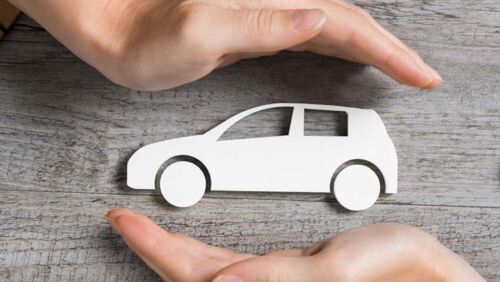Selfwealth rejects Stake takeover
By Nicola Field
Stake knocked back for stake in Selfwealth, saving power can save your love life, and 1 in 2 credit cardholders experience buyer's remorse. Here are five things you may have missed this week.
Stake knocked back for Selfwealth takeover
Listed brokerage group SelfWealth has rejected a $41.2 million takeover offer from multinational competitor Stake.
Stake's offer price of 17.5 cents per share (CPS) was above SelfWealth's closing value of 14 cps at the close of trade on Thursday.
However, the SelfWealth Board announced on Friday that the proposal did not "offer appropriate value to Selfwealth shareholders".
Accordingly, the Board decided it was not in the best interests of SelfWealth shareholders to engage in discussions with Stake.
Shareholders may hold a different view.
SelfWeath stocks have plunged through 2023, falling from a high of 20.5 cps in January.
Amid speculation of the buyout, SelfWealth's share price jumped to 17.6 cps by midday Friday. It's a case of watch this space to see how Stake responds.
Poor power habits cost us $15 billion annually
Most of us have watched our power bills skyrocket, but ING says slack habits are adding an extra $15.1 billion to our collective energy bills.
Our worst energy-guzzling habits are:
| Activity | Average annual cost per person |
| Using the clothes dryer on a sunny day | $231 |
| Washing up under hot running water rather than filling the sink | $145 |
| Boiling more water than needed | $128 |
| Showering for longer than 10 minutes | $111 |
These energy misdemeanours may sound minor, but ditching them can slash over $600 from your yearly power bill.
Going easy on energy consumption could also improve your love life.
ING found one in five people say wasting energy is a big turn-off in romantic partners. It may be a great excuse to flick the switch and light up some candles.
Buyer's remorse hits one in two cardholders
As we head into the peak spending season of the year, Finder research shows one in two credit cardholders have regretted a card purchase.
Finder's Amy Bradney-George says, "Many of us have bought something without considering our household budget, but with the rising cost of living, a bad buy now can hurt more than it might have a few years ago."
With the average card rate sitting at just over 17% (and 20%-plus for reward-based cards), impulse buys or unplanned card purchases can wreak havoc on our finances, especially if the card balance isn't paid off in full each month.
Bradney-George says one way to avoid impulse spending is to "sleep on it".
"If you still want the item 24 hours later, it can be easier to justify and manage the cost."
Some cards, such as those offered by CommBank, let cardholders set spending caps, which could help reduce temptation and see you skip card regret.
New car sales hit monthly record
Times may be tough but that hasn't stopped Australians racing out to buy a new car.
The Federal Chamber of Automotive Industries says September saw a record 110,702 new vehicles sold.
And we're not done yet.
A Savvy survey shows two out of five Aussies have their hearts set on buying a brand-new set of wheels.
Budgets are tight though with one in three planning to spend less than $25,000 on a new car.
What will that money buy you?
Plenty, according to Savvy, which says the cheapest new car is the Kia Picanto S, with a base price of $18,990 drive away.
The 2023 MG 3 Core Auto is the cheapest automatic, priced at $19,490 drive away.
If you're into SUVs, the 2023 Suzuki Ignis is priced at $20,490 before on-road costs.
Used car buyers may benefit from holding off.
The pandemic saw the median price of a second-hand car jump by 23.8%, but values are falling as new car supply improves. Moody's Analytics expects pre-loved car prices to fall 10% in 2023 and stabilise in 2024.
One in three first homebuyers rely on 5% deposit schemes
Across Australia, close to one in three first homebuyers in 2022/23 relied on the support of the First Home Guarantee Scheme (FHG).
The FHG is a government-backed initiative that allows first-timers to get into the market with just 5% deposit and zero lenders mortgage insurance.
Over 41,000 first homebuyers took advantage of the FHG last financial year, up from 32,500 in 2021/22.
Housing Australia (formerly NFHIC), which runs the FHG, says more than half the places available through the First Home Buyer Guarantee and Regional First Home Buyer Guarantee were taken up by people under the age of 30.
Conditions apply to the FHG. Head to the Housing Australia website to know if you're eligible.
Get stories like this in our newsletters.



